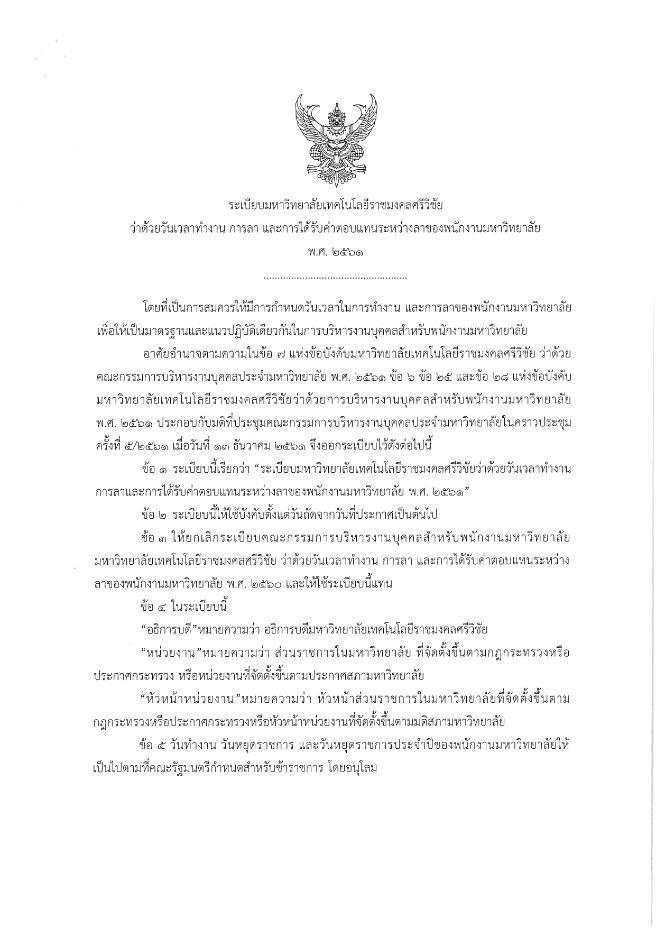Reporters: Mr. Sujinda Saehan, Mr. Ekkajak Intarat, Mr. Nitigon Jumniansuk, Mr. Thanet Sangseejun
Evidence Date: January – December 2024
Related SDGs: 
Related Indicators: 6.4.2
Details:
Rajamangala University of Technology Srivijaya (RUTS) is strongly committed to sustainable water management through the treatment and reuse of wastewater, known as “Wastewater Recycling.” This initiative focuses particularly on using treated wastewater for agricultural irrigation and landscape maintenance, aligning with the university’s policy to promote environmental stewardship and resource efficiency. The wastewater recycling project not only reduces water consumption and operational costs but also serves as a valuable hands-on learning and research platform for students, especially in engineering or programs that integrate with environmental studies.
The main objectives of this project are to reuse treated wastewater for non-potable applications such as agriculture, landscaping, and toilet flushing, thereby decreasing the university’s dependence on freshwater supplies, lowering its water bill, and reducing its overall water footprint. This initiative enhances RUTS’s commitment to sustainability by demonstrating practical approaches to water conservation and closed-loop water use systems.
The wastewater recycling process at RUTS involves several treatment stages to ensure that the reused water is safe and suitable for its intended purposes. Wastewater is collected from various on-campus sources, including restrooms, cafeterias, laboratories, and in some cases, rainwater or greywater from sinks. The process begins with screening, where large particles such as debris, leaves, and solids are removed. The wastewater then enters sedimentation tanks, where heavier particles settle as sludge, and lighter substances like oils and grease are skimmed from the surface. Following this, biological treatment takes place—bacteria and microorganisms are introduced to decompose organic matter, while air or oxygen is pumped in to stimulate microbial activity, accelerating the breakdown of pollutants. This process effectively reduces the Biochemical Oxygen Demand (BOD), improving water clarity and odor. Finally, the treated water is transferred to holding ponds, where it is stored for reuse in campus agriculture and landscape maintenance.
This wastewater recycling system has enabled RUTS to reduce demand for external water supply by approximately 20–30%, depending on the size and water use patterns of each campus. It also contributes to a significant reduction in the volume of wastewater discharged to public treatment facilities. To further enhance water resource management, RUTS has initiated a plan to quantify the amount of reused or recycled water across its campuses. This involves installing flow meters on greywater and recycling systems to measure performance and assess the effectiveness of conservation efforts. Preliminary data indicate that approximately 10–15% of total campus water use now comes from reused or recycled sources, primarily for plantation and landscape irrigation.
Moreover, this project is integrated into the university’s academic and research activities, particularly within engineering or programs that integrate with environmental studies. Students have the opportunity to engage in real-world applications of sustainable water management, conducting projects or research focused on treatment efficiency, technology innovation, and system optimization. Through such integration, RUTS continues to strengthen its role as a model of sustainable campus operations and experiential learning.
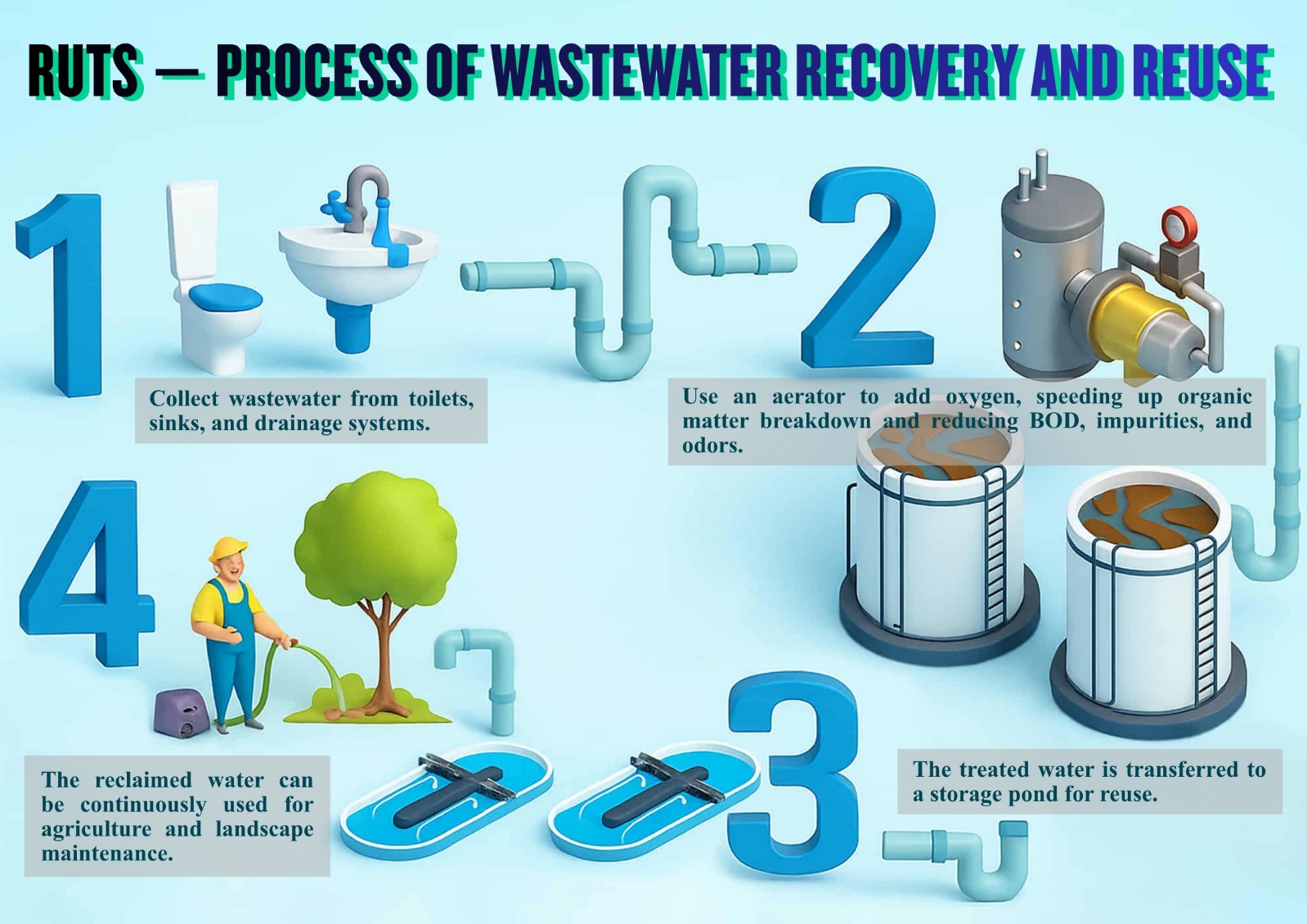
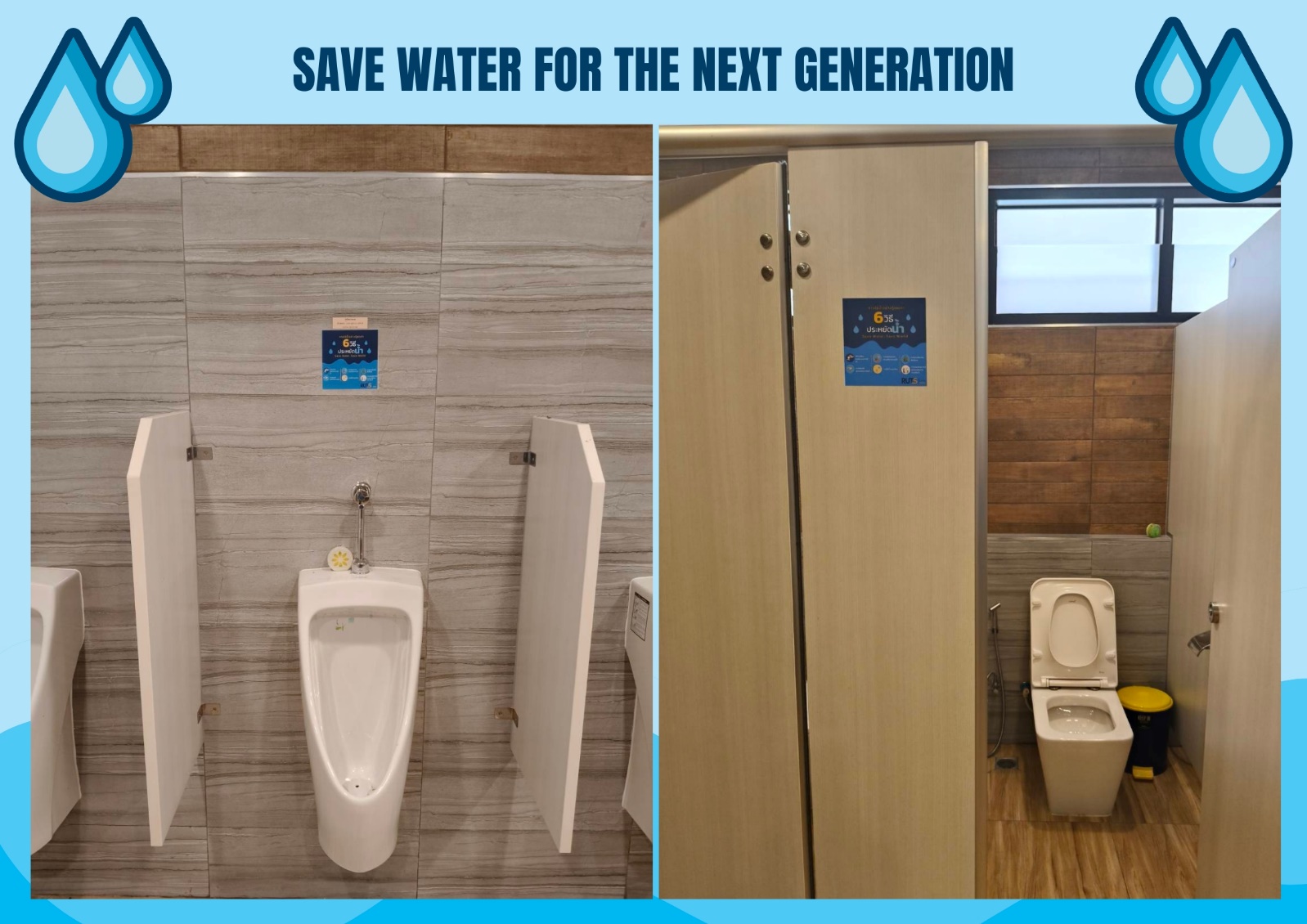
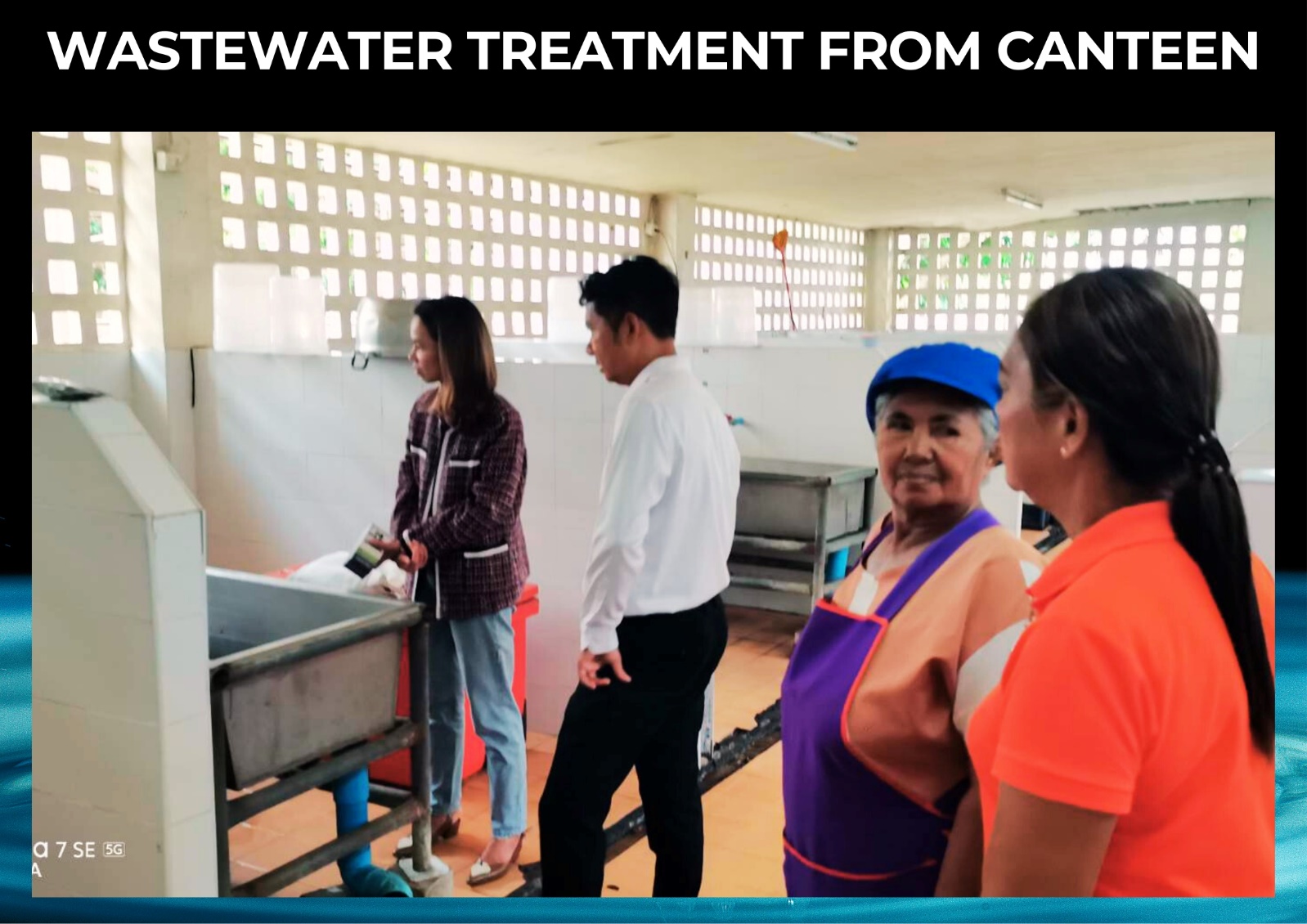
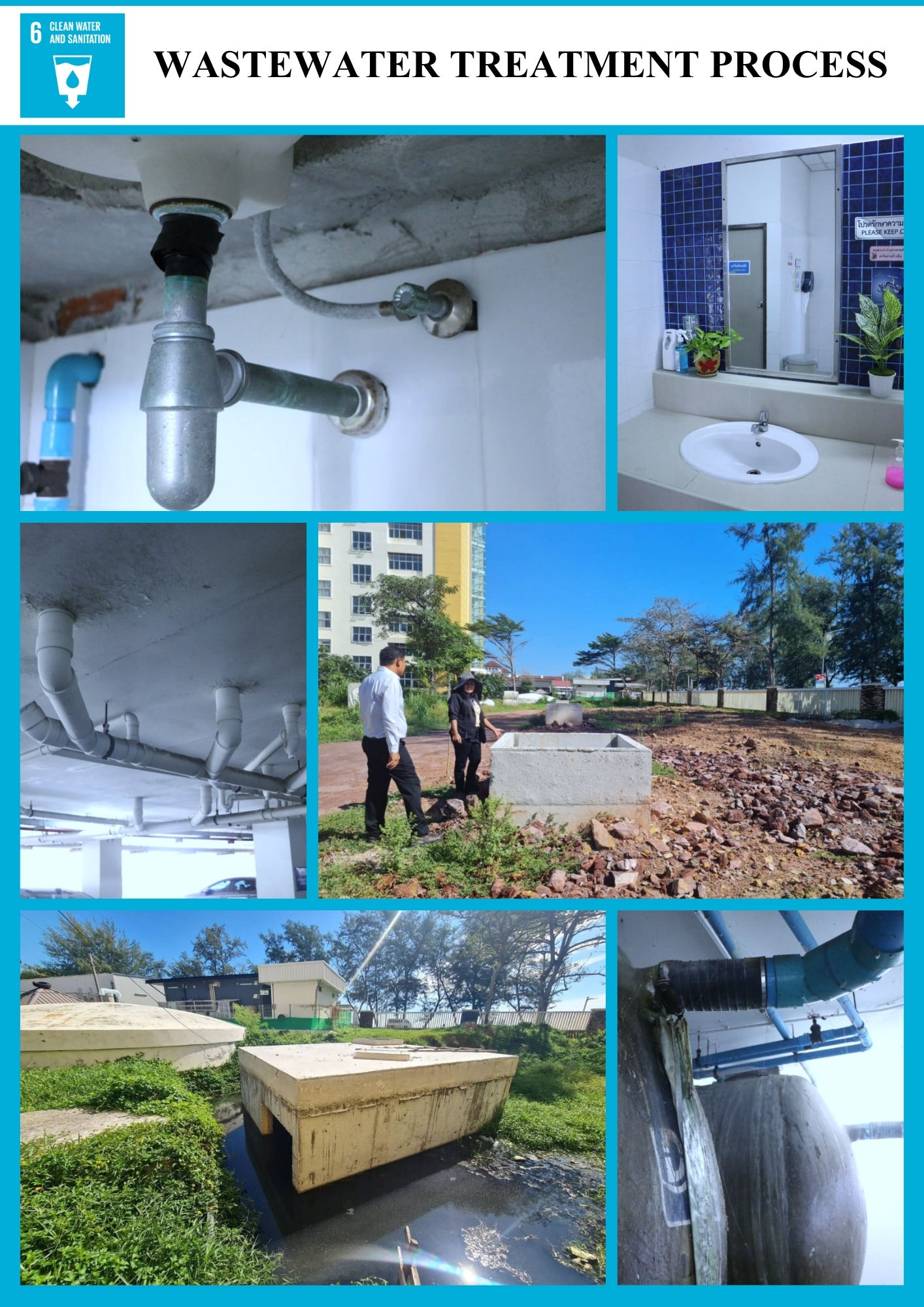
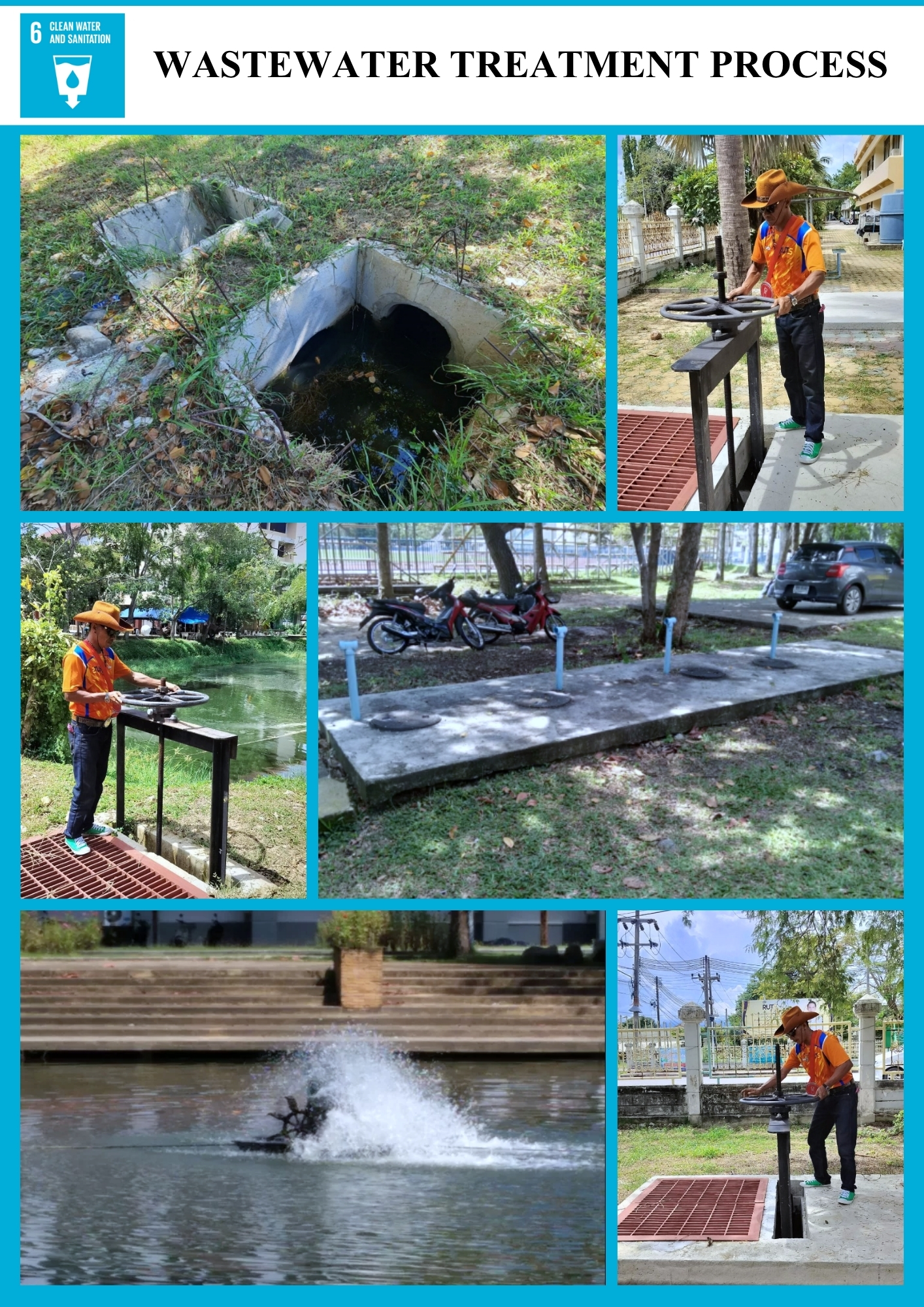
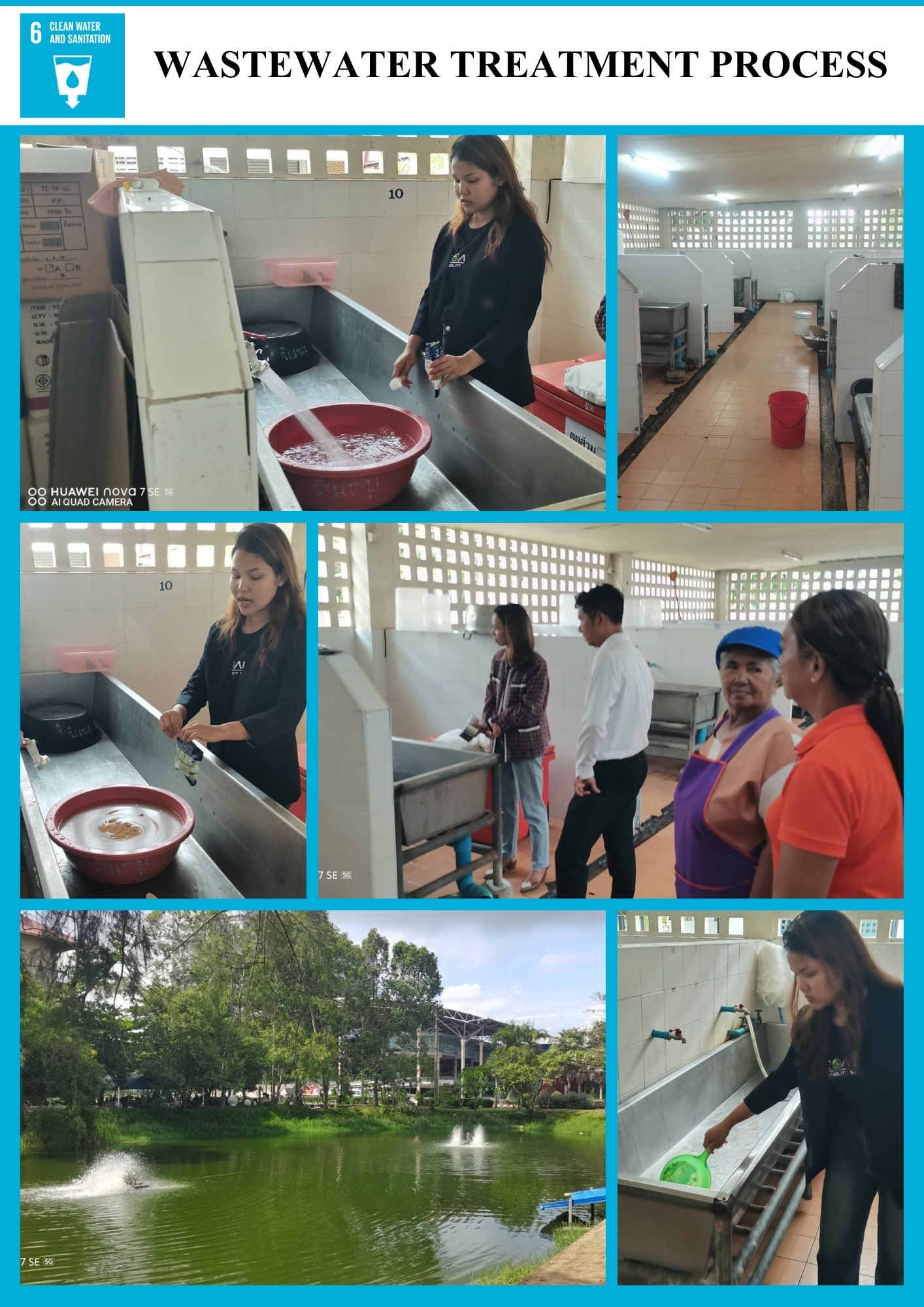
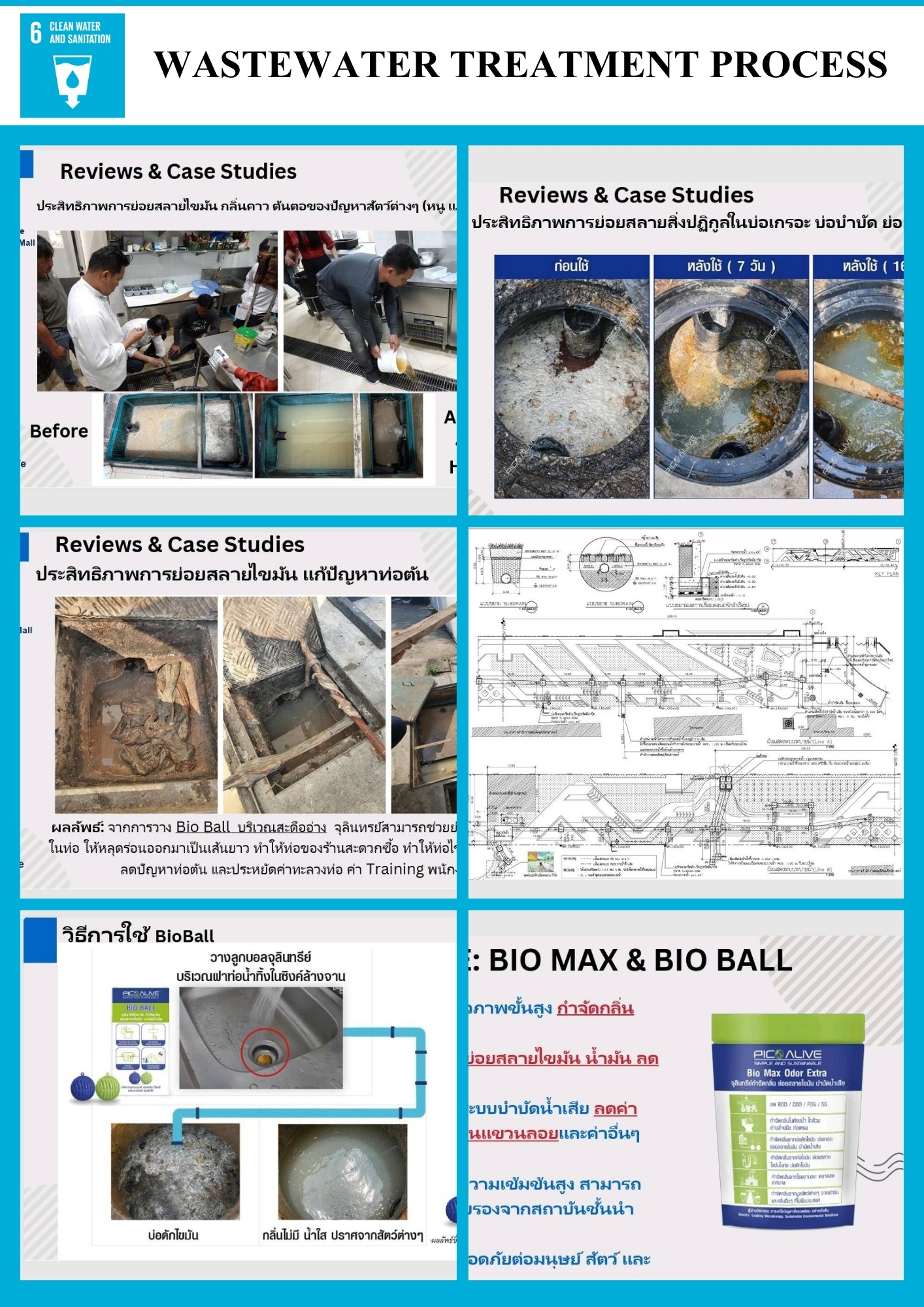
.
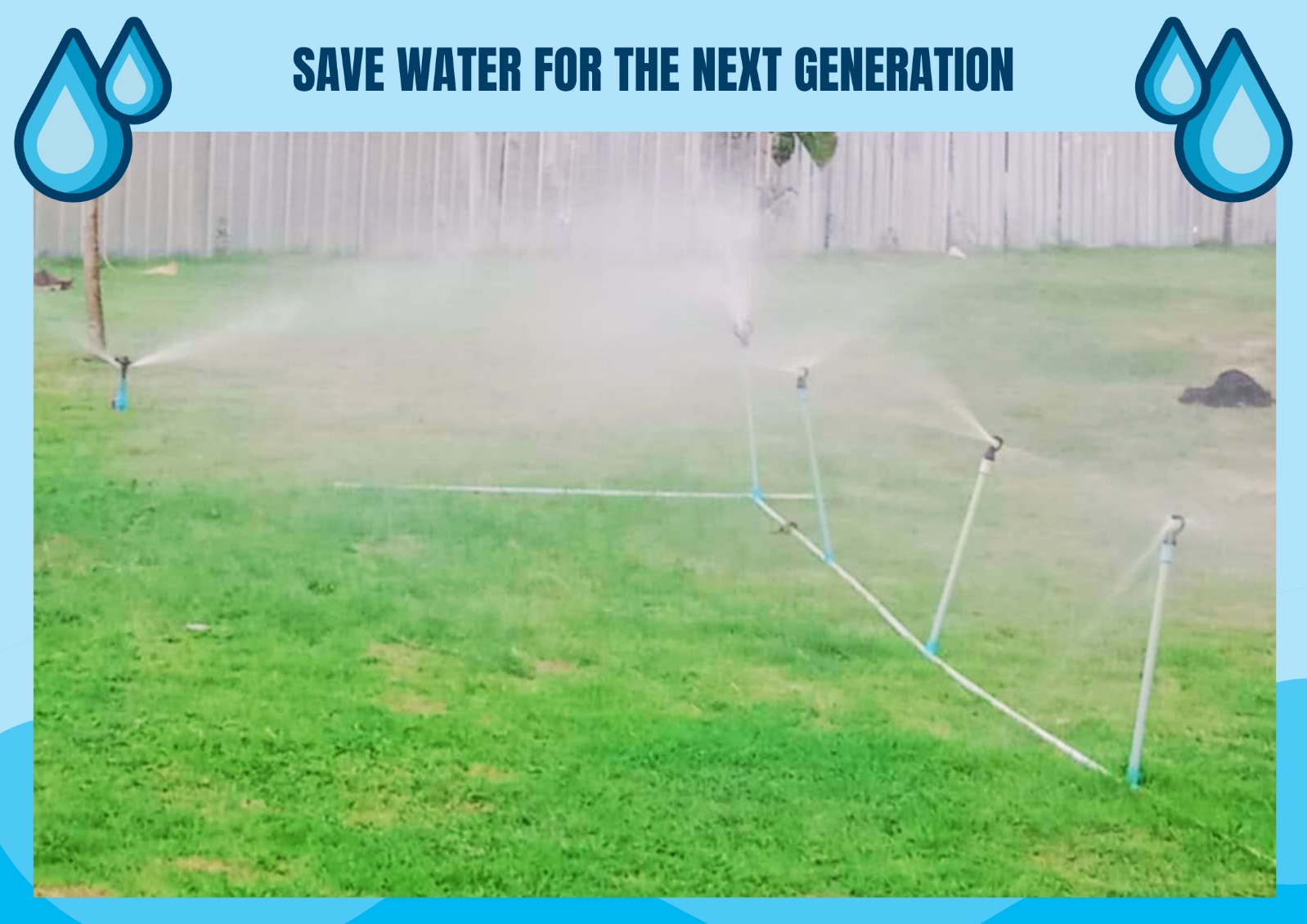
Related Links:

